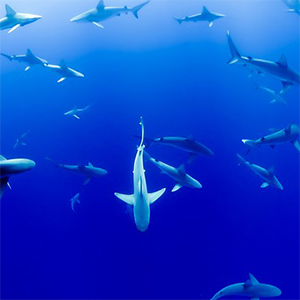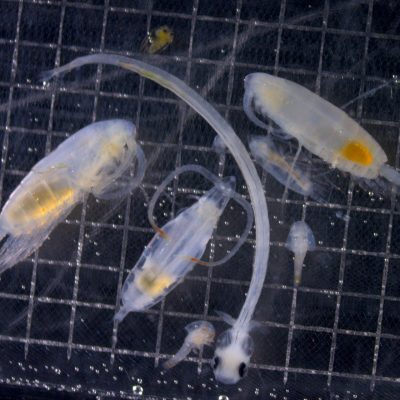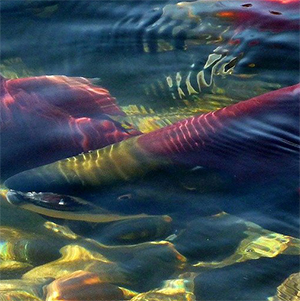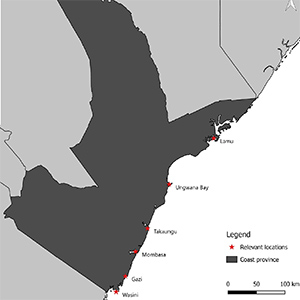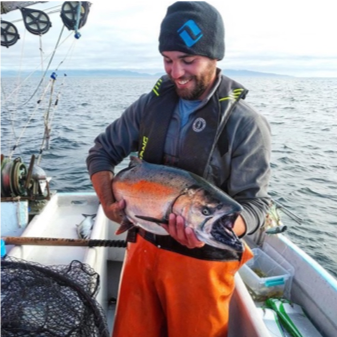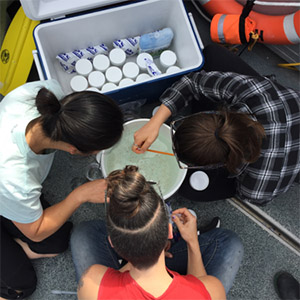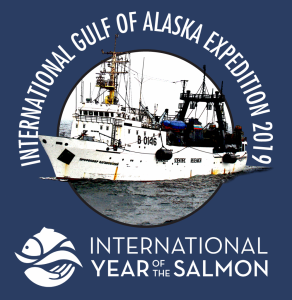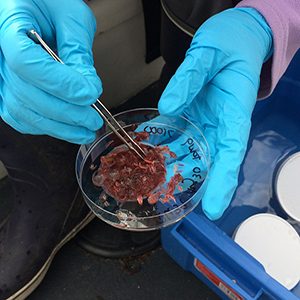Ecosystem modelling paints a devastating picture for top marine predators by 2099
Without effective carbon mitigation the ocean would lose 18% of animal biomass by 2099 relative to the present day.
Feast and famine for juvenile salmon as they navigate BC’s complex coastal waters
Zooplankton communities are profoundly shaped by BC’s complicated coastlines, creating a mosaic of foraging conditions for the juvenile salmon that depend on them for sustenance.
Salmon diet database gives researchers a new “window into the lives of salmon”
The database fill gaps in scientists’ understanding of the late marine phase of the salmon life cycle
FCRR: Ecosystem modelling to support fisheries management efforts in the Nyali-Mombasa area, coastal Kenya
Part of the Sustainable Poverty Alleviation from Costal Ecosystem Services project (SPACES), this research addresses how we can best develop sustainable, effective fisheries decisions, while preserving the livelihoods of fishers and their dependents
You are what you eat is as important for BC’s fish as it is for people – UBC study
By determining the availability of high-quality prey for these commercially important groups of fish we can improve estimates of herring and salmon productivity
Studying the Spring salmon to help protect BC ecosystems
Chinook, also known as Spring salmon, stocks in have been in decline, which has implications for entire BC marine food web
HCI Marine Food Webs – Summer sampling trip to Quadra Island
Hakai Coastal Initiative Marine Food Webs Working Group (FWWG) undertook a 10-day sampling trip which looked at day/night behaviour of bacteria, protists, zooplankton, and parasites in the Strait of Georgia.
International Gulf of Alaska Expedition
The IOF has two faculty members on board this international salmon research voyage to the Gulf of Alaska
Hakai Coastal Initiative’s Marine Food Webs Working Group
This collaborative research unit aims to understand how marine food webs operate, with a particular focus on British Columbia’s coastal ocean.
